|
If you are having trouble viewing this email, view online
|


|
|

|
|
|
|
The Innovation Review is the New York State Science & Technology Law Center's monthly newsletter, bringing information on a variety of economic, business, and technology related legal news as well as highlighting and profiling resources and events across the state.
|
|
|
|
|
|
|
|
|
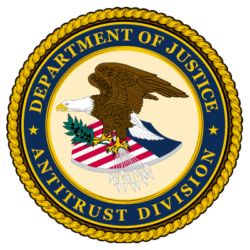
|
2017 Antitrust Guidelines for the Licensing of Intellectual Property
The Federal Trade Commission and Antitrust Division of the Department of Justice issued revised Antitrust Guidelines for the Licensing of Intellectual Property. IP owners negotiating licenses can use the guidelines to avoid anticompetitive licensing activity. Issues include: field-of-use and territorial restrictions, exclusivity provisions, grant-backs, cross-licenses and patent pools and bundled or package licensing arrangements.
|
|
|

|
Why Do Startups Fail?
Although it varies by industry, the conventional wisdom is that there is a high failure rate for technology startups. For this reason, the NYS STLC encourages technology developers to obtain IP, market, competitive and regulatory research before making key commercialization decisions. According to Statistic Brain, about 25 percent of startups fail within the first year, and 50 percent fail within the first four years. Some common factors that cause startups to fail include neglecting market research, being too optimistic, hiring the wrong people, believing there is no competition, and scaling too soon. To learn more about the frequent mistakes start-up firms make, click here.
|
|

|
“Disparaging” Trademarks Fight for Their Rights
On January 18, the Supreme Court heard oral arguments on Lee v. Tam. The case was filed after the founder of the Asian American band, the Slants, was denied trademark registration for the group’s name. This case follows that of the Washington Redskins, whose trademark was rejected in 2014. In both cases, the Lanham Act of 1946 has been cited, which states that trademarks including disparaging content will not receive federal registration. Until now, the definition of disparaging has been left up to the USPTO. The ruling in this case could have great impact on laws relating to both free speech and intellectual property.
|
|
`
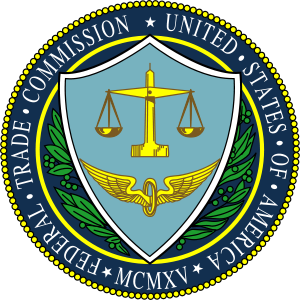
|
EpiPen Under Investigation, Again
The FTC has requested information from Mylan about their pricing practices on the EpiPen pricing scandal of last year. The FTC is investigating whether Mylan violated antitrust laws. Concerns include marketing practices and arguments to prevent genuine competition in the marketplace.
|
|
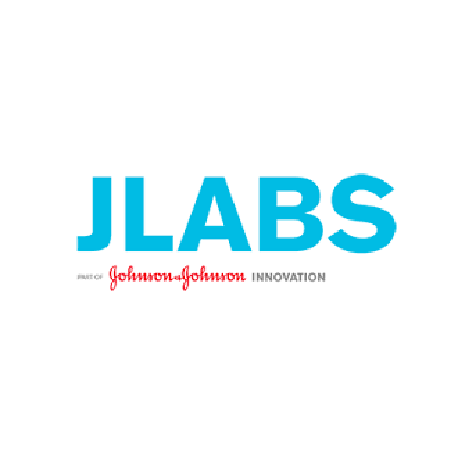
|
JLABS Comes To New York
Last month, New York State Governor Andrew Cuomo announced a $650 million grant for life science research and development in New York State. On January 9th, it was announced that $17 million of the funding will be used to address one of Manhattan’s biggest life sciences problems — a lack of lab space.
Johnson & Johnson Innovation LLC, New York State, and the New York Genome Center plan to collaborate and launch JLABS, a new lab space in New York City. Opening in 2018, it will be located at the New York Genome Center in SoHo. It will offer space to about 30 biotech, pharmaceutical, medical device, and consumer health companies. Currently, JLABS exists in San Diego, San Francisco, South San Francisco, Boston, Lowell, Houston, and Toronto. The collaborators hope that this new facility will provide a resource-rich environment for innovators throughout the New York region.
|
|
|
|
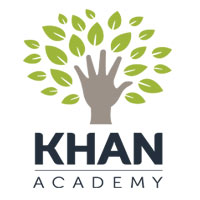
|
Khan Academy
Khan Academy is a free, entrepreneurial resource whose mission is to “empower learners to study at their own pace in and outside of the classroom.” Originally a resource for math, the website is offering interviews with successful entrepreneurs. Such professionals include Reid Hoffman, founder of LinkedIn; Dave Gilboa & Neil Blumenthal, Co-founders & Co-CEOs of Warby Parker; and Angela Ahrendts, Former CEO of Burberry.
|
|
|
|
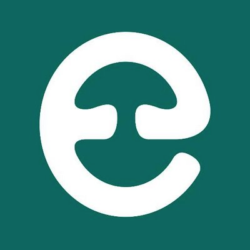
|
Ecovative
Ecovative is a biomaterials company making biodegradable and sustainable products. Based outside Albany, Ecovative uses natural materials, such as hemp and mycelium, to create a variety of products. The company began in 2006 making a biodegradable Styrofoam substitute. Products now include wall insulation, packing materials, and furniture. The company joined bioMASON to offer its furniture line, Ecovative Interiors, which was revealed at Biofabricate 2016. Click here to learn more about the ways Ecovative is transforming biodegradable items, and here for Ecovative CEO and co-founder Eben Bayer’s presentation at TED talks titled: Are mushrooms the new plastic?
|
|
|
|
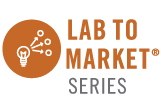
|
How Entrepreneurial Law and IP Clinics Can Assist in the Commercialization of University Intellectual Property
On Wednesday March 29th, from 1pm to 2:15 pm, Professor Brian Krumm of the University of Tennessee College of Law will present a webcast titled, “How Entrepreneurial Law and IP Clinics Can Assist in the Commercialization of University Intellectual Property.” Professor Krumm will tell the story of how the UT College of Law’s Business Law Clinic used transactional law to facilitate the commercialization of a collaboration between the Nursing School and College of Engineering in the development of an electronic health records (HER) management system, for use in the classroom. He will discuss how the clinic assisted the founders of iCare in the formation of their business entity, IP aspects of the business, all the way through asset sale to Lippincott Health. Register for the webcast here.
|
|

|
Intellectual Property and Climate Change
Professor Joshua Sarnoff of the DePaul University College of Law recently visited the NYSTLC and Syracuse University College of Law to discuss his research and policy work on developing a research commons on climate change technology and intellectual property. Professor Sarnoff spoke with Professor Shubha Ghosh about his book, Research Handbook on Climate Change and Intellectual Property Law. This volume brings together current legal research on how intellectual property can shape technological solutions to environmental problems. Professor Sarnoff addressed questions about international trade, patenting, data sharing, trade secrets. and environmental certification, presenting many of the research findings in the Handbook. For those who could not attend the webinar, a recording will be available online by the end of February. For more information on climate change, see the EPA and NYS DEC websites.
|
|
|
|
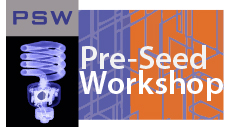
|
Ithaca Pre-Seed Workshop Scheduled for March
Pre-Seed Workshops have been scheduled at Cornell University March 13th, 14th, and 21st, and Stony Brook University March 20th, 21st and 28. Started in 2004 in Rochester New York, Pre-Seed Workshops are held around the State of New York each year to help potential entrepreneurs vet the commercialization prospects of a new technology. The workshops consist of two full days of workshop sessions designed to quickly assess key elements necessary for successful commercialization. Volunteer teams support “Idea Champions” as they work through the Pre-Seed Workshop material to solidify a business idea and evaluate its potential.
|
|
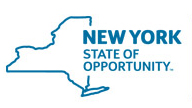
|
Round 2: 76West Clean Energy Competition
The 76West Clean Energy Competition is now accepting applications for its second round. 76West is designed to develop entrepreneurs and garner resources from around the world in order to create clean energy businesses and jobs in New York State’s Southern Tier region. The competition attracts clean energy technology innovators, industry experts, educators, and investors, as well as early startups. There is $20 million offered in prize money, with a $1 million first place prize. See the competition details for more information on how to apply. The application closes on March 13 at 5:00 pm.
|
|
|
|
If you no longer wish to receive email communications such as this from the New York State Science & Technology Law Center, unsubscribe here.
310 Dineen Hall • Syracuse, NY 13244 • nysstlc@law.syr.edu • nysstlc.syr.edu
|
|
